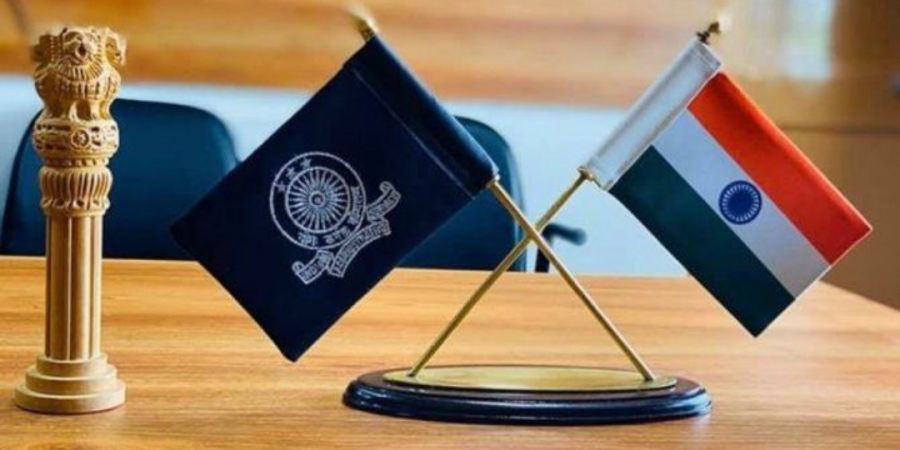

The Union Public Service Commission, commonly abbreviated as UPSC, is India's leading centralized recruitment body for recruiting all Group "A" civil servants under the Government of India. It is responsible for appointing and reviewing all "A" posts of all union government agencies, including all central public sector units and all central autonomous bodies. On the other hand, the Department of Personnel and Training is the central recruitment agency in India.
The Government Charter is conferred by Part XIV of the Constitution of India entitled “Service under the Union and the State”. The Commission is mandated by the Constitution for the appointment of Union and All India Services. In addition, consultation from the government is required regarding matters related to appointments, transfers, promotions, and disciplinary actions.
The Commission can report directly to the President and advise the Government through the President. However, such advice is not binding on the government. As a constitutional authority, UPSC is one of the few institutions that functions autonomously and freely, along with the National Higher Judicial Authority and, more recently, the Election Commission.
The commission is headquartered in Dolpool House, New Delhi and is run through its own secretariat. Dr.Manojisoni has been chairing the UPSC since April 5, 2022. Established as the Public Services Commission on October 1, 1926, and later restored as the Federal Public Services Commission by the Indian Governance Act of 1935. After independence, it will only be renamed to today's Union Public Service Commission.
The Royal Commission on the Higher Civilian of India was established in 1923 by the British Government under the chairmanship of Sir Lee of Faleham. With the same number of Indian and British members, the Commission published its report in 1924, where it recommended the establishment of a Civil Service Commission. Sir Lee Faleham suggested that 40% of the candidates should be British, 40% were directly hired Indians, and 20% were Indians promoted by state services.
This established the first Public Services Commission, chaired by Sir Ross Barker, on October 1, 1926. The Public Services Commission has been given a limited advisory role, and liberation leaders continue to emphasize this aspect, which is the Federal Public Services Commissioner under the Indian Governance Act of 1935. It led to the establishment of the association.
The Union Public Service Commission became the Union Public Service Commission after independence. He gained constitutional status under the Constitution of India on January 26, 1950.














